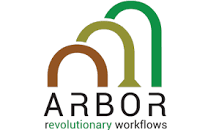 Powered by Coursera, this approximately 60 hour online course will guide students through programming and problem solving in R. Statistical analysis of data sets, debugging, and code organization are just a few topics that are covered in this in-depth program.
Powered by Coursera, this approximately 60 hour online course will guide students through programming and problem solving in R. Statistical analysis of data sets, debugging, and code organization are just a few topics that are covered in this in-depth program.





